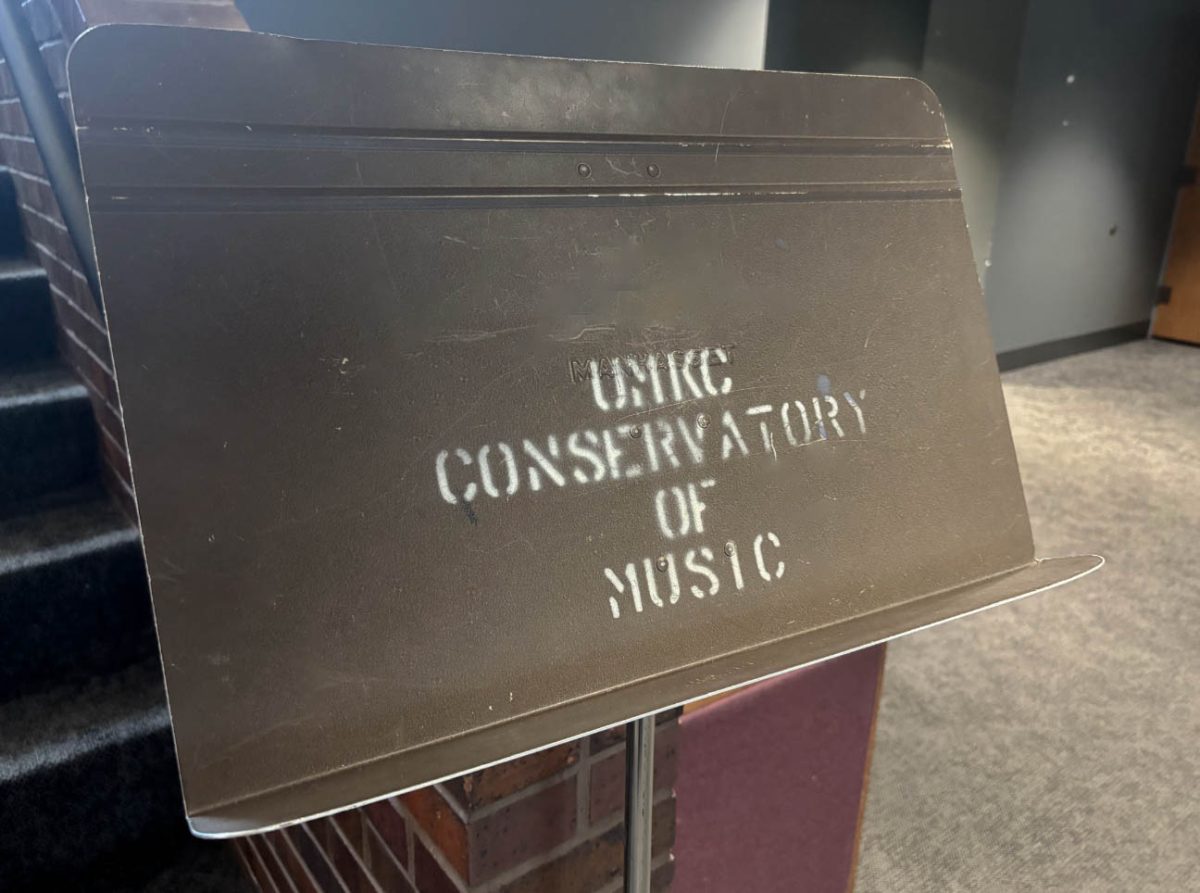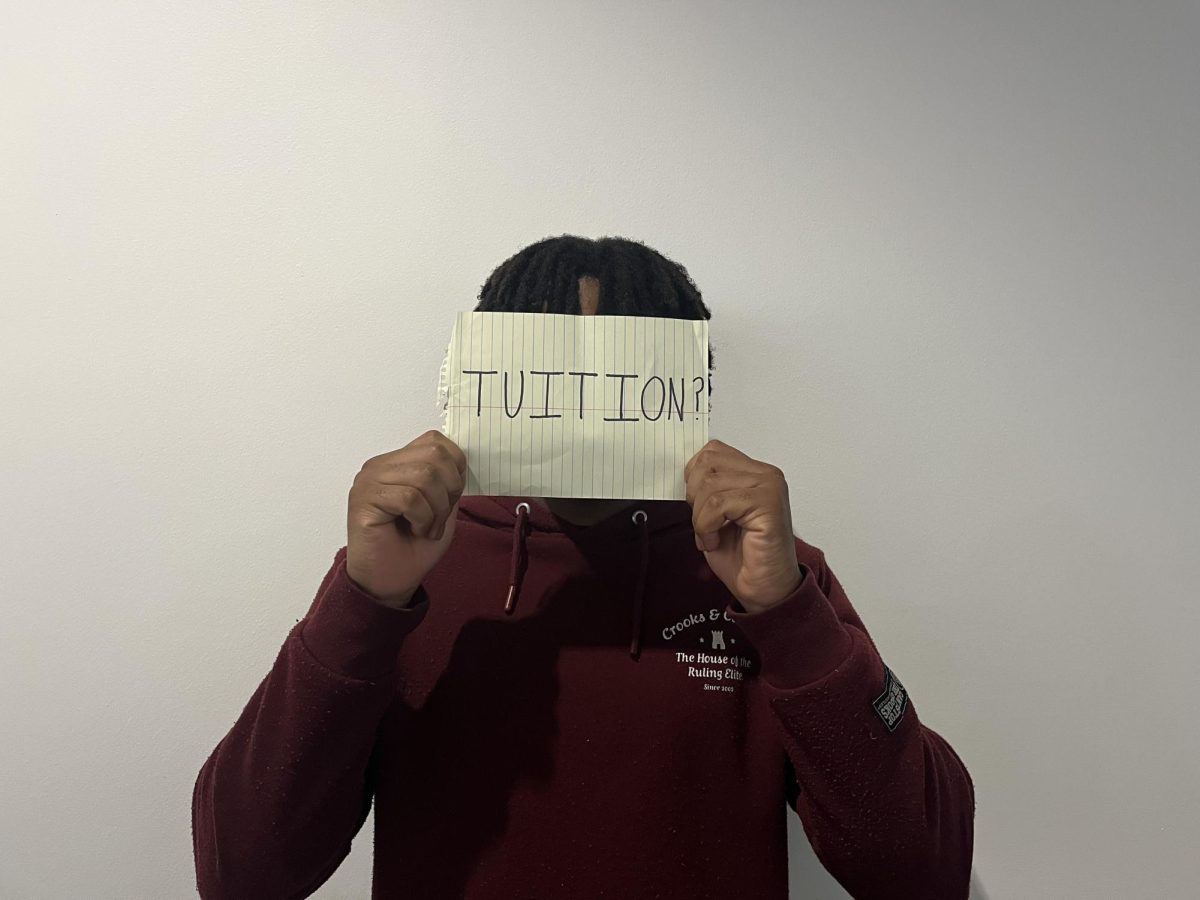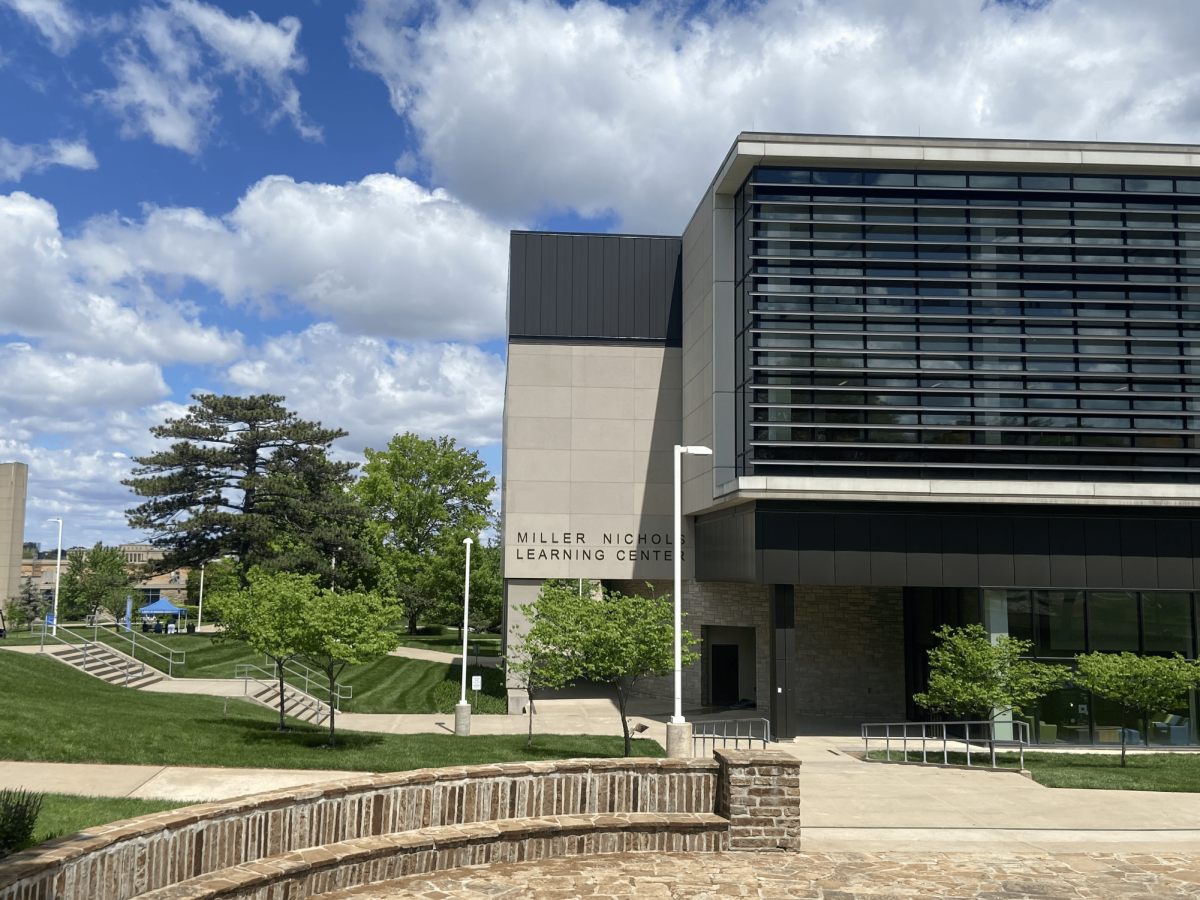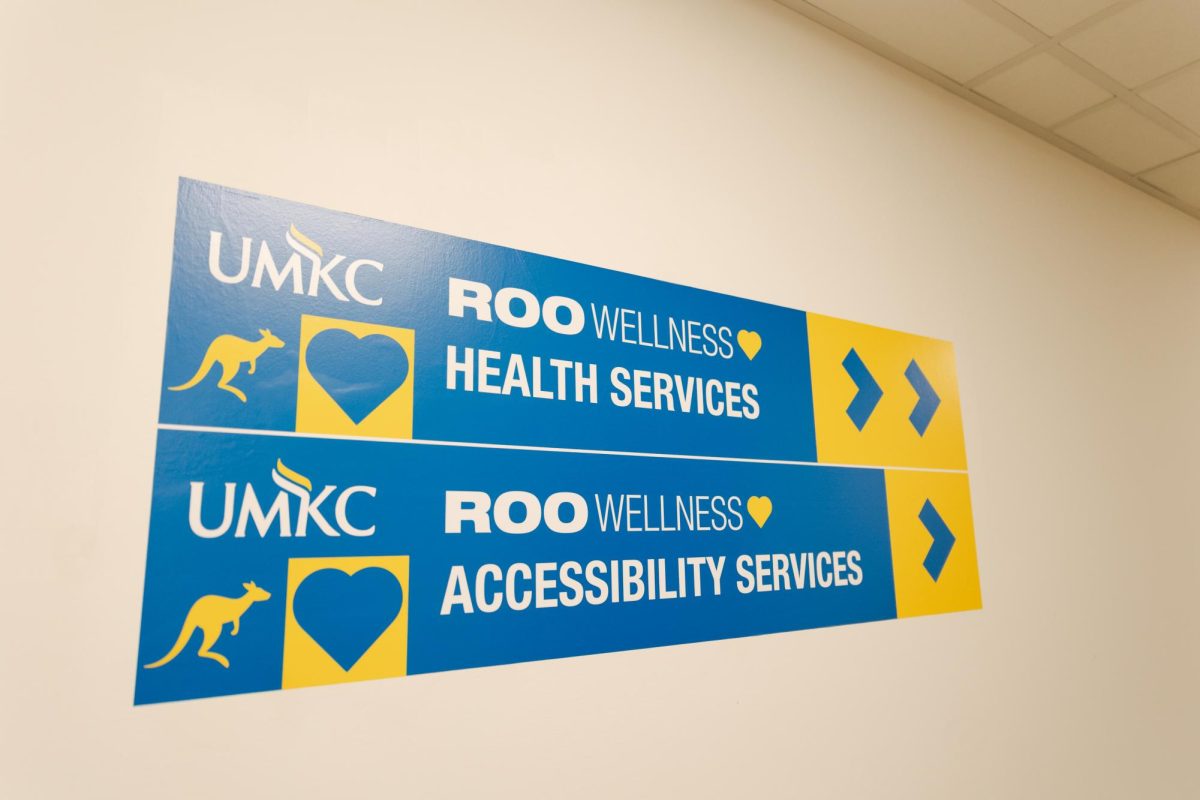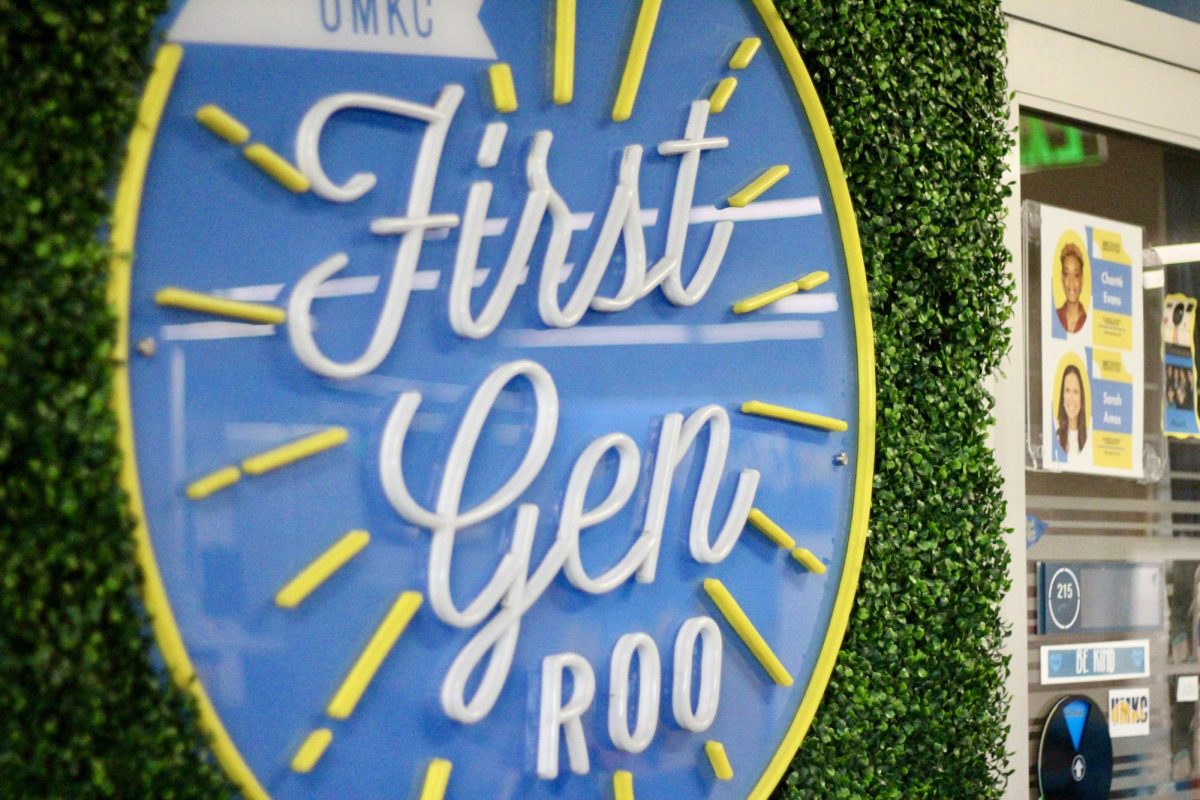With Missouri workplaces adapting to changes as new labor legislation rolls out, something else has come to light: the breaks that workers are entitled to.
There is nothing in federal or state law stating that employees in Missouri are entitled to rest periods by their employers, and that includes 16-and-under workers. The only legislation that surrounds rest periods in Missouri is for youth entertainment workers, who are required breaks.
While workplaces can supply rest periods to some degree through policy or union contracts, there are still some workers that are describing working long shifts with no pause whatsoever.
Jordan Paxton, a senior English major at UMKC, states that she works as a drive-thru barista and the lack of legislation is affecting her.
“I’ll work 10-12 hour shifts and not get a break. I’ve looked it up multiple times because I’m like, ‘there’s no way this can be legal.’” said Paxton. ”I work as a barista, so I’m on my feet a lot. The only place if we got a break would be the bathroom, and we don’t have a chair anyways, just a toilet.”
“It’s unfair, I think we should definitely get at least a 30-minute break after an eight hour shift,” said Paxton. “If not, then employers can take advantage of that. I think that there should definitely be standards.”
A junior biology and chemistry major, Claudia Perez, had no idea about the lack of legislation.
“That sucks, I would hope that people still get breaks through their employers. But honestly, if it’s not enforced then I know there might be places that exploit that,” said Perez. “Breaks should absolutely be mandatory.”
Claudia Perez currently works at the Miller Nichols Library at the front desk, where she assists students with library services, organizes and checks out books and manages other library tools. She describes that while she gets a 30-minute break for an eight hour shift, that break gets shorter in five-minute increments each hour she works less.
“It definitely should be more, just because sometimes I feel like I don’t have enough time to eat,” said Perez. “I know our supervisor has an hour-long break and can leave campus. I wish I could do that, but I don’t have the time because the breaks are just not that long.”
UMKC’s campus worker policy currently states that workers are entitled to breaks, but those break times can vary based on shift length and what department is being worked.
Dylan Burd has been an academic advisor at UMKC Roo Advising since 2018, and he describes that the break schedule for campus workers like him are much more flexible.
“In my personal experience, I just set up an hour break within my eight hour shift. In our department it’s pretty encouraged to take a break, like eating or taking a walk, between meetings or whenever we can,” said Burd. “Our department is pretty flexible about breaks.”
A UMKC professor who teaches courses in Black literacies, professional and technical communication, and multimodal writing and rhetorics, Dr. Antonio Byrd, describes a similar flexible experience in rest periods at work.
“For most professors they don’t necessarily have a set number of hours they work. Oftentimes their schedule, I would say and speaking for myself, that on one hand the schedule is yours in the sense that you have a lot of flexibility in terms of when you’re working,” said Dr. Byrd. “But on the other hand, it is kind of controlled by your responsibilities to students, if you’re doing a service for the university like being on different committees or being at different departments.”
Dr. Byrd shares concern that while the monitored breaks are flexible, he worries that “some professors, they just keep working and working and working, and it can be very unhealthy if they keep doing that.”
“A professor might still be working well into the night, so the idea of taking a break is totally on you as the professor to make sure that you build that in,” Dr. Byrd states. “There’s no one monitoring your activities or anything like that, so it will be very different if you were working at an office or the library as a student, or at the coffee shop. And that becomes a problem, because sometimes the professor doesn’t take care of themself.”
The professor also states that he believes something should be done about the lack of worker breaks for all workers.
“I don’t think we’re meant to labor all the time. Working does not define our worth at all,” said Dr. Byrd. “I think you’re more productive with your best, like if you’re a barista maybe you could make even better vanilla lattes that mandated an hour long rest. It’s a little sad that we have to ask for rest, but we really should make that a mandate.”












